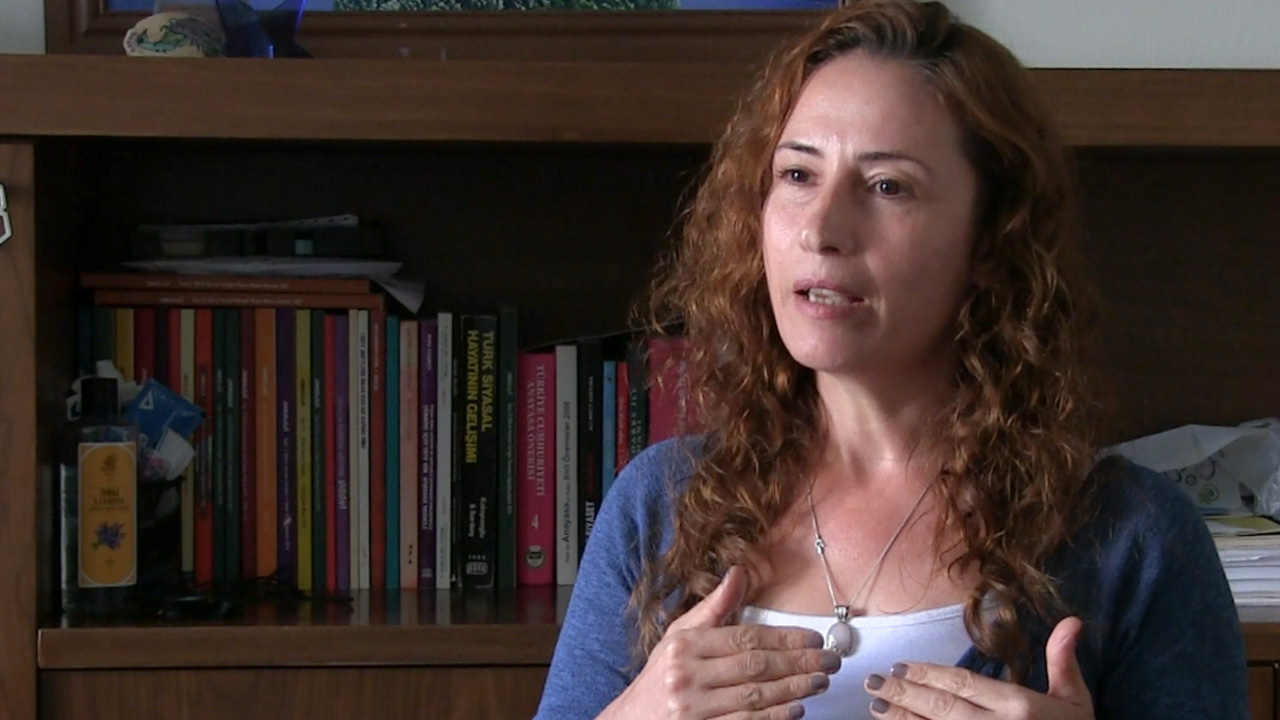Turkey’s ruling Justice and Development Party (AKP) is facing a decline in support in the country’s Kurdish-majority areas, particularly losing appeal among young Kurdish voters from religious families, an August poll conducted in 16 provinces shows.
The AKP has enjoyed widespread support from conservative Kurdish voters since its foundation in 2001, making it the party with the second largest share of the vote in the country’s southeast after the pro-Kurdish People’s Democratic Party (HDP) and its predecessors.
The ruling party is suffering a 9.1% point decline in Kurdish populated provinces compared to its share of the vote in 2018, according to an August poll by the Turkish research group Socio-Political Field Study Centre, but remains the second strongest party in the region.
Turkey is moving towards critical elections currently scheduled for 2023 and according to many experts there is a chance the opposition parties may be able to bring an end to the AKP’s 20-year rule in the upcoming polls.
Three alliances will compete in the next elections; the People’s Alliance of the AKP and the far-right Nationalist Movement Party (MHP), the Nation Alliance led by the main opposition Republican People’s Party (CHP) and the centre-right İyi Party, and the Labour and Freedom Alliance established by the HDP and five other left-wing parties.
As well as parliamentary seats, the country will also decide its next president in the coming elections, and the opposition hopes to topple President Recep Tayyip Erdoğan in either the first or the second round of the vote.
The Kurdish vote will be decisive particularly in the presidential elections, as both the ruling party’s alliance and the opposition alliance needs their support to declare victory by getting more than 50% of the vote.
According to the latest survey by the reputable pollster Metropoll, AKP and MHP votes stand at 33.6% and 9.1% respectively, implying that the People’s Alliance is still strong despite the detoriating economic conditions in the country which have eroded the middle income class in society.
The CHP gets 24.8% of the vote and the İyi Party 12.2% in the same poll. The HDP remains the third largest party with a 13.9% share of the vote.
The votes of HDP supporters and voters moving away from the AKP will be at the centre of election discussions, according to Yüksel Genç, head of the Socio-Political Field Study Centre. Three in every four Kurdish voters fall into that category, implying that HDP voters hold the key to breaking the deadlock in Turkish politics, she said.
“As the numbers show, Kurdish voters are mainly made up of those who have demands around identity and are political and potentially organised,” Genç said. “On the other hand, it should be noted that religious beliefs and socio-economic expectations will be decisive for a portion of them that should not be underestimated.”
The CHP, who have had little appeal in Kurdish populated cities in previous elections, will enjoy an almost two-fold increase in support in upcoming elections according to the Centre’s poll, but its overall share of the vote remains at 12.3%.
However, among those aged 18-24, who will cast their votes for the first time, the Centre’s results show that the CHP has the second largest share of the vote with 17.7%, after the HDP which is at 36.1%. The AKP will get 11.6% of the votes from that age group, while 12.9% say they will not go to the polls.
Though most young Kurdish people follow their families’ footsteps in their political preferences, those who come from religiously conservative backgrounds demonstrate a tendency towards liberal parties, Genç said.
The main opposition alliance, dubbed the Table of Six, has not ignited excitement and expectations among Kurdish voters, according to Genç. The reluctance of the opposition parties to embrace a braver stance on the Kurdish issue, and their plans for a new parliamentary system that may replace Erdoğan’s presidential system, but largely ignores Kurdish demands, has had an effect on Kurdish voters, she added.
Source:MedyaNews



